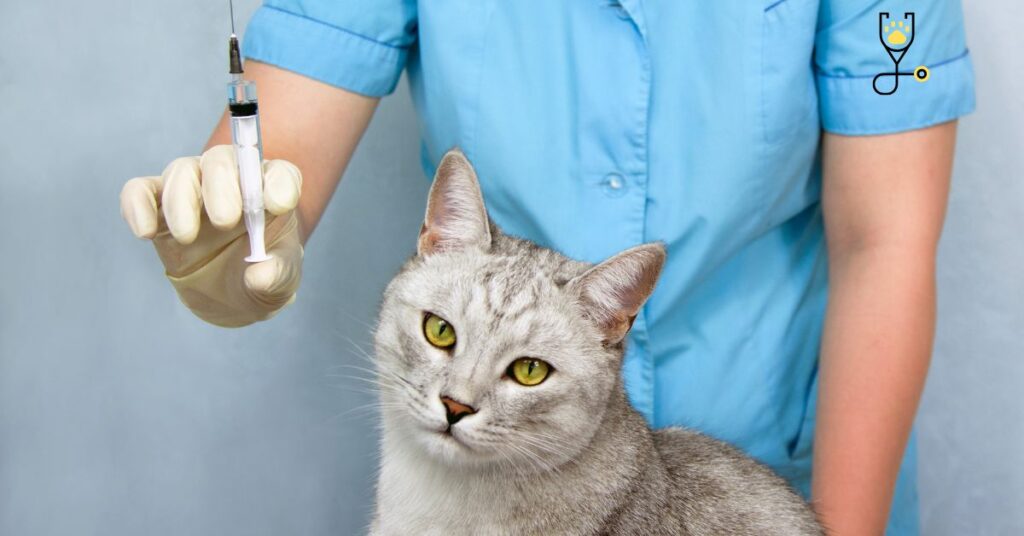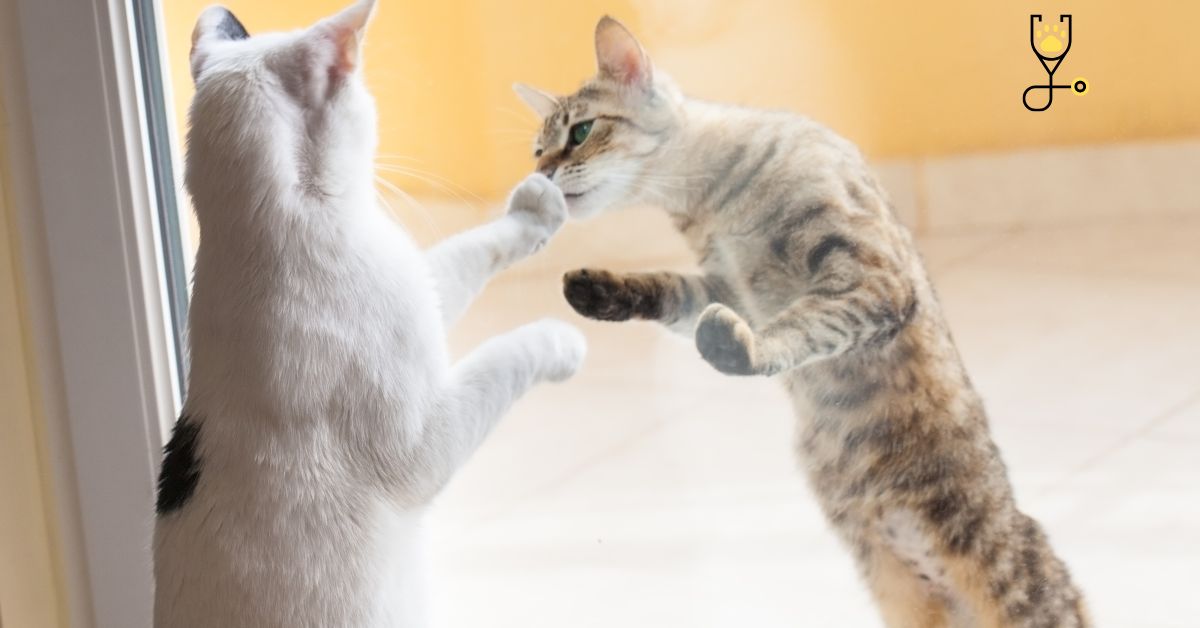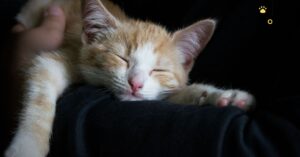Whether you’re going on a weekend getaway or are going to be gone for an extended period of time, it’s important to make sure your cat is taken care of. Cats can experience separation anxiety when left alone, which can lead to a number of destructive behaviors. In this blog post, we’ll take a look at amazing facts about vacation and separation anxiety in cats. We’ll also provide tips on how to help your cat cope while you’re away.
Fact 1: Cats can experience separation anxiety when left alone
Just like humans, cats can experience anxiety when separated from their loved ones. When cats are left alone, they may become agitated and restless. They may pace back and forth or run around in circles. Some cats may even try to escape from their homes.
Fact 2: Separation anxiety can lead to destructive behaviors
Cats who suffer from separation anxiety may exhibit destructive behaviors, such as scratching furniture or urinating outside of the litter box. These behaviors are usually a cat’s way of coping with the stress of being away from its guardians.

Fact 3: There are ways to help your cat cope with separation anxiety.
If you know you’ll be away from home for an extended period of time, there are some things you can do to help your cat cope. First, make sure your cat has plenty of toys and activities to keep it occupied. Secondly, consider leaving a shirt or piece of clothing that smells like you with your cat. This will provide your cat with some comfort while you’re away. Finally, try not to make a big deal out of coming and going. If you act like it’s no big deal, chances are your cat will feel the same way.
Fact 4: Cats typically Adjust within a few days
Most cats adjust to their guardians being gone within a few days. However, some may take longer than others. If your cat is still exhibiting signs of anxiety after a week or two, it’s best to consult with your veterinarian.
Fact5: Some cats enjoy being left alone
While most cats prefer the company of their guardians, there are some that actually enjoy being left alone. These cats typically like having the house to themselves and don’t mind being solo for extended periods of time. If you think your cat falls into this category, it’s still important to provide plenty of toys and activities to keep them occupied while you’re away.

Tips to Help Your Cat Adjust to Vacation
-Make sure your cat has plenty of toys and activities to keep it occupied
-Consider leaving a shirt or piece of clothing that smells like you with your cat
-Try not to make a big deal out of coming and going
-If your cat is still exhibiting signs of anxiety after a week or two, consult with your veterinarian
-Provide plenty of toys and activities for cats that enjoy being left alone.
Learn More: 10 Things People Do That Cats Hate

Tips to overcome separation anxiety
-Establish a daily routine including play and cuddle time with your cat
-Create a safe space for your cat with their favorite toys, bedding, and scratching post
-Desensitize your cat to being alone by starting with short periods of time apart
-Make sure to provide plenty of food and water before you leave
-Give your cat lots of love and attention when you return home.

Conclusion
Cats can experience separation anxiety when left alone, which can lead to a number of destructive behaviors. In this blog post, we’ve looked at some amazing facts about vacation and separation anxiety in cats. We’ve also provided tips on how to help your cat cope while you’re away. If you think your cat is suffering from separation anxiety, be sure to consult with your veterinarian.
Frequently Asked Questions
Q1: What are some common signs of separation anxiety in cats?
Common signs of separation anxiety in cats include pacing, restlessness, and destructive behaviors. Cats may also try to escape from their homes when left alone.
Q2: What can I do to help my cat cope with separation anxiety?
There are a few things you can do to help your cat cope with separation anxiety. First, make sure your cat has plenty of toys and activities to keep it occupied. Secondly, consider leaving a shirt or piece of clothing that smells like you with your cat. This will provide your cat with some comfort while you’re away. Finally, try not to make a big deal out of coming and going. If you act like it’s no big deal, chances are your cat will feel the same way.
Q3: Will my cat eventually adjust to being left alone?
Most cats adjust to their guardians being gone within a few days. However, some may take longer than others. If your cat is still exhibiting signs of anxiety after a week or two, it’s best to consult with your veterinarian.
Q4: Do all cats experience separation anxiety when left alone?
No, not all cats experience separation anxiety when left alone. Some cats actually enjoy having the house to themselves and don’t mind being solo for extended periods of time. If you think your cat falls into this category, it’s still important to provide plenty of toys and activities to keep them occupied while you’re away.
Q5: What should I do if I think my cat is suffering from separation anxiety?
If you think your cat is suffering from separation anxiety, the best thing to do is consult with your veterinarian. They will be able to help you create a plan to help your cat cope with being left alone.







